
Cancer Doesn’t Hurt at First—But If You Notice These 8 Signs While Using the Bathroom, See a Doctor Early
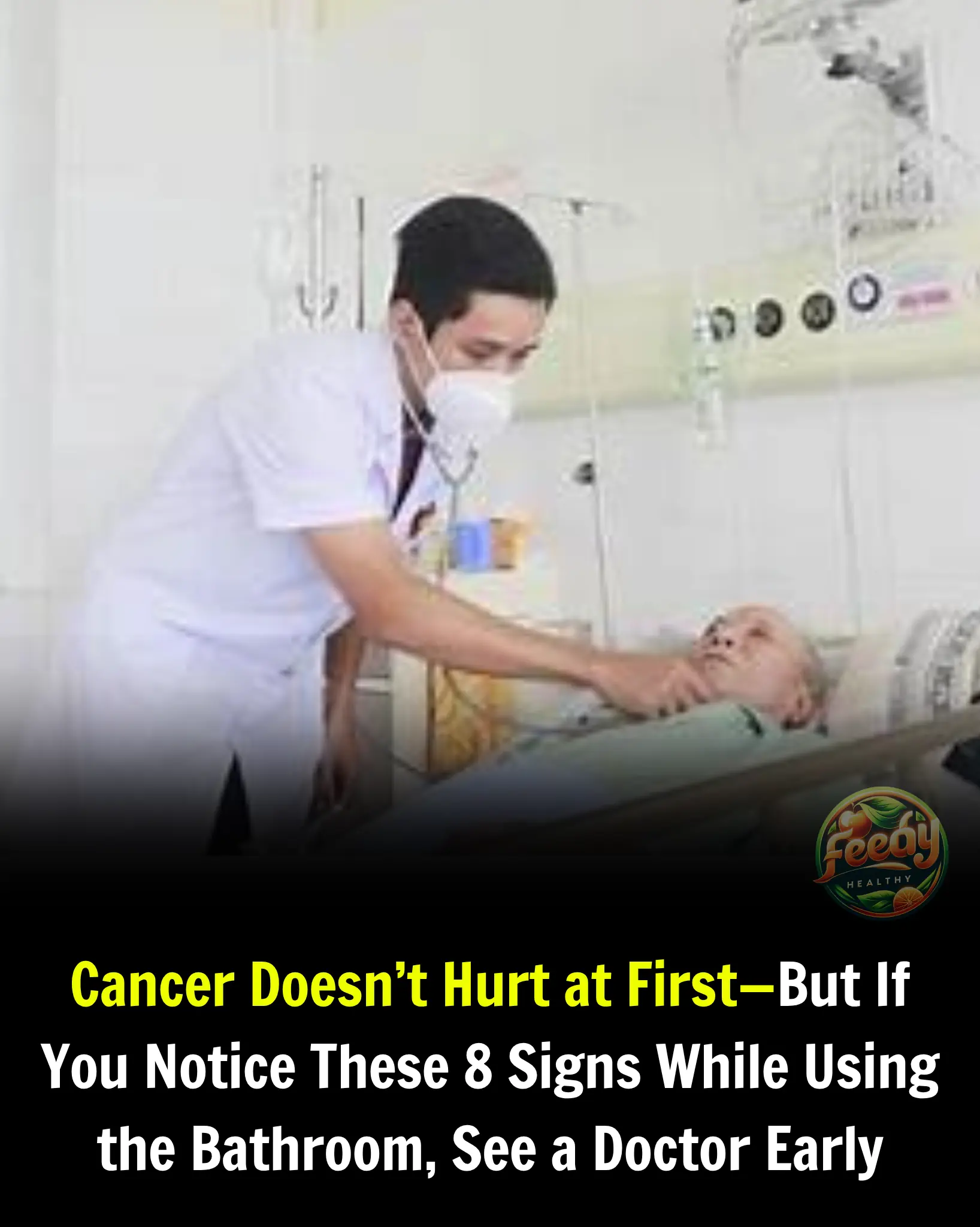
Cancer often shows no pain in its early stages, but your bathroom habits can reveal important warning signs. Don’t ignore them.
1. Stool That Doesn’t Flush Easily
A man in our family noticed that no matter how many times he flushed, his stool wouldn't go down—even though the toilet was working fine. Upon closer inspection, he realized his stool looked oily or greasy. He visited a doctor and was diagnosed with early-stage pancreatic cancer—fortunately caught just in time.
According to Cancer Research UK, greasy stool (steatorrhea) that floats and doesn't flush easily may be a sign that your pancreas is not breaking down fat properly, often due to pancreatic cancer. These stools tend to be pale, smelly, and unusually large.
2. Red-Colored Stool
This could be from food or drinks, or less concerning causes like hemorrhoids or anal fissures from constipation. However, bright red stool may also indicate bleeding in the lower digestive tract, a potential sign of colorectal cancer.
According to the American Cancer Society, additional warning signs of colorectal cancer include persistent diarrhea or constipation, abdominal pain, and unexplained weight loss. While often associated with older adults, the disease is increasingly affecting younger people who tend to ignore early signs.
3. Dark Red or Maroon Stool
Dark stool may be due to internal bleeding, especially in the colon or small intestine. Conditions such as colon cancer, diverticulitis, ulcerative colitis, or Crohn’s disease could cause this.
If you notice stool that is darker than usual—especially maroon or reddish-brown—seek medical evaluation promptly.
4. Black Stool
Black stool may result from iron supplements or certain medications—but it can also indicate bleeding in the upper digestive tract, such as the esophagus, stomach, or small intestine. When blood is digested, it turns the stool black.
This could be a warning sign of stomach cancer or colorectal cancer, especially if accompanied by fatigue or weight loss.
5. Burning Sensation While Urinating
Pain or burning during urination could signal a urinary tract infection, but it may also point to kidney cancer or prostate cancer. Poor hygiene can cause infections, but if the symptom persists or worsens, you should see a doctor for a cancer screening.
6. Foamy or Frothy Urine
This may result from excess protein in urine, often linked to kidney cancer. Cancerous growths can damage the kidney’s filtration system, causing protein to leak into the urine.
While dehydration or diabetes can also cause foamy urine, persistent frothiness should be evaluated by a doctor to rule out serious conditions.
7. Brown Urine
Brown urine may be caused by liver or gallbladder cancer. When liver cells are severely damaged, they release excess bilirubin into the bloodstream, which can darken urine color.
If you notice persistent brown-colored urine, especially when accompanied by fatigue, jaundice, or abdominal pain, consult a specialist immediately.
8. Blood in Urine
This is one of the most alarming signs and may indicate bladder cancer, kidney cancer, or prostate cancer. The blood may turn urine pink, orange, or even dark red.
If you see blood clots or experience lower back pain, act quickly. Men are especially at higher risk for prostate and bladder cancers, particularly if over age 50.
Bottom Line:
Don’t ignore unusual signs in your bathroom habits. While many symptoms can have benign causes, early detection is critical in fighting cancer effectively. If you notice any of the above, seek medical advice right away.
News in the same category


5 Common Mistakes When Drinking Water That Can Affect Your Health
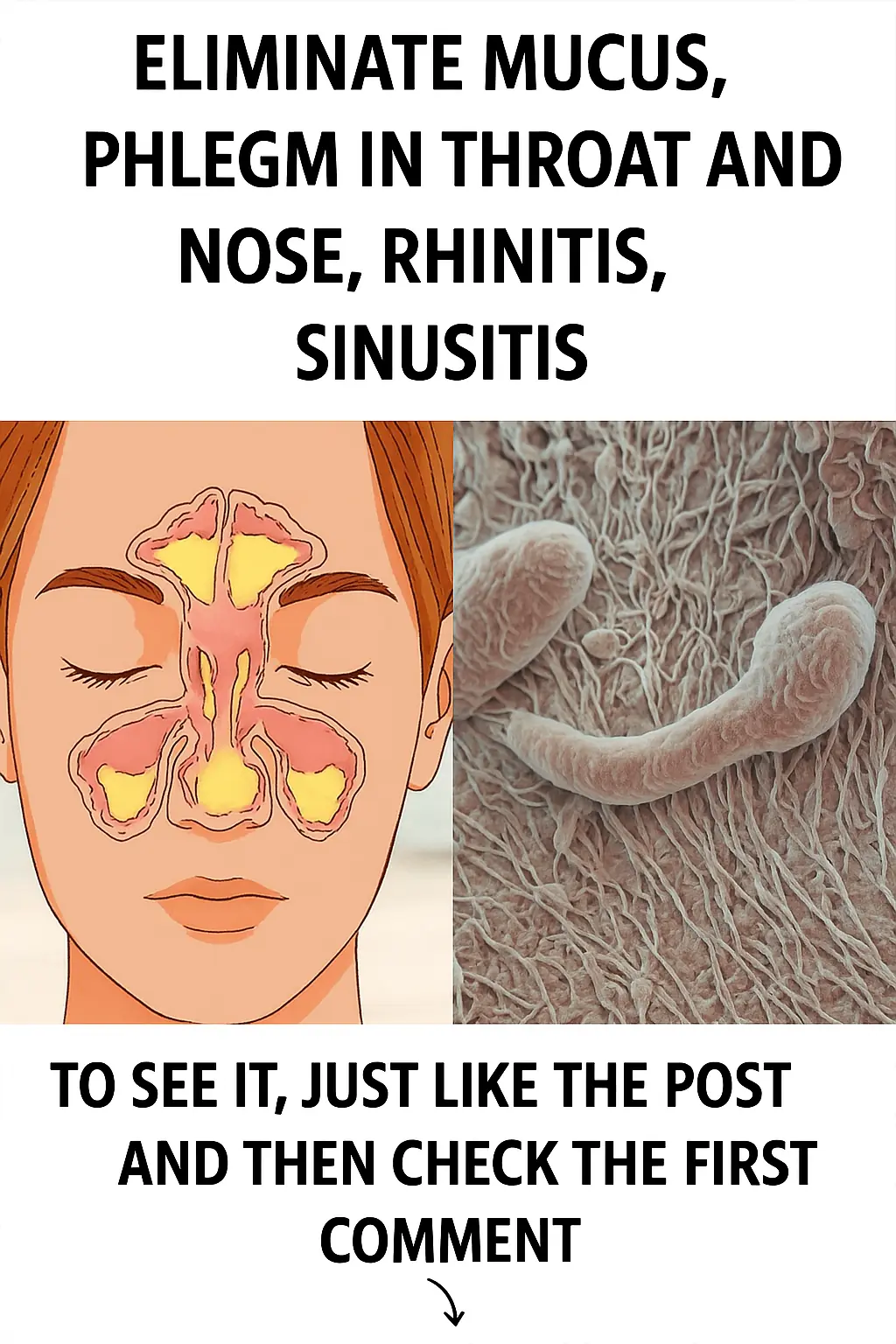
Effective Home Remedies to Eliminate Mucus and Phlegm

Natural Recipe to Sleep Like a Baby: Improve Your Rest and Wake Up Refreshed
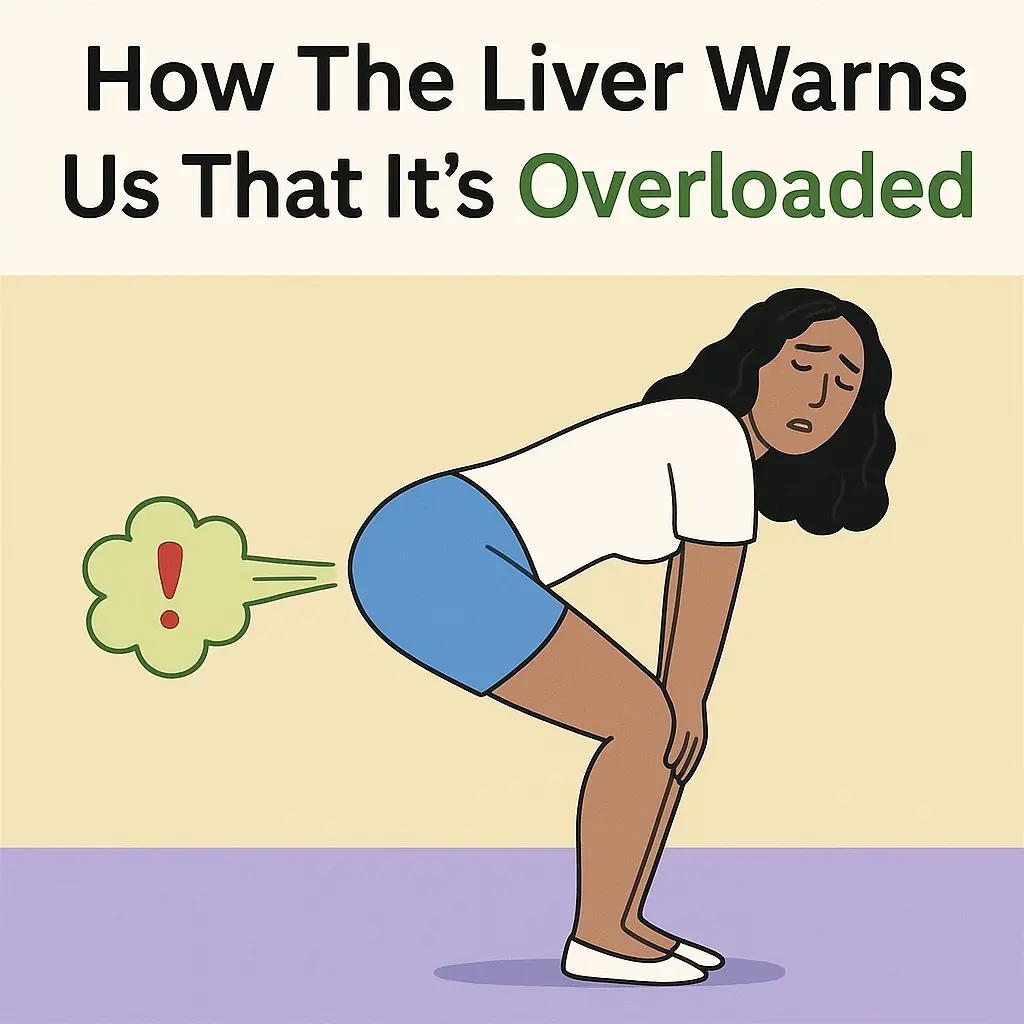
How the Liver Warns Us That It's Overloaded: Signs and Natural Remedies
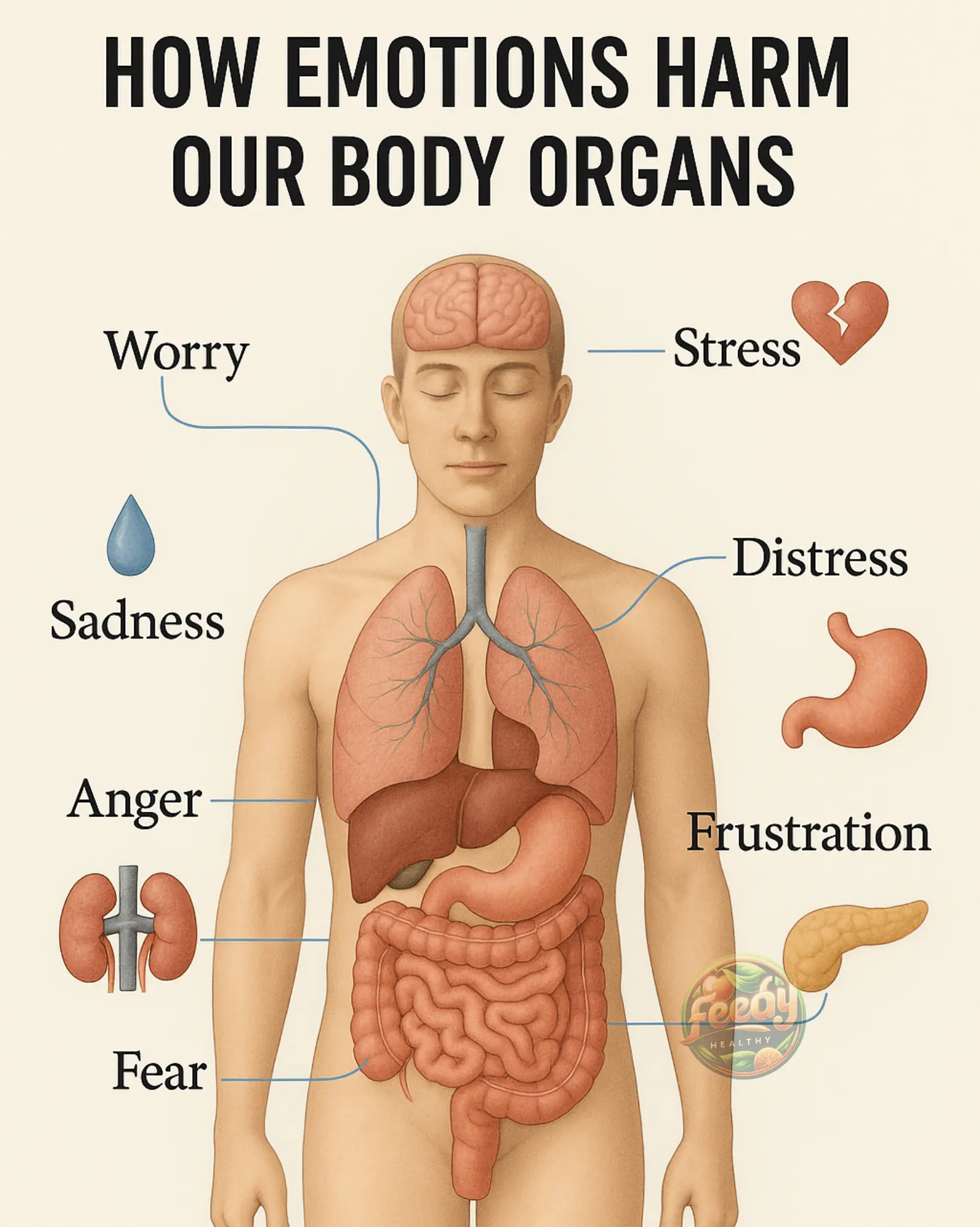
How Emotions Affect Our Organs: The Connection Between Feelings and Health

Doctor Warns: 3 Beauty Habits Most People Don’t Realize Can Accelerate Cancer Risk!
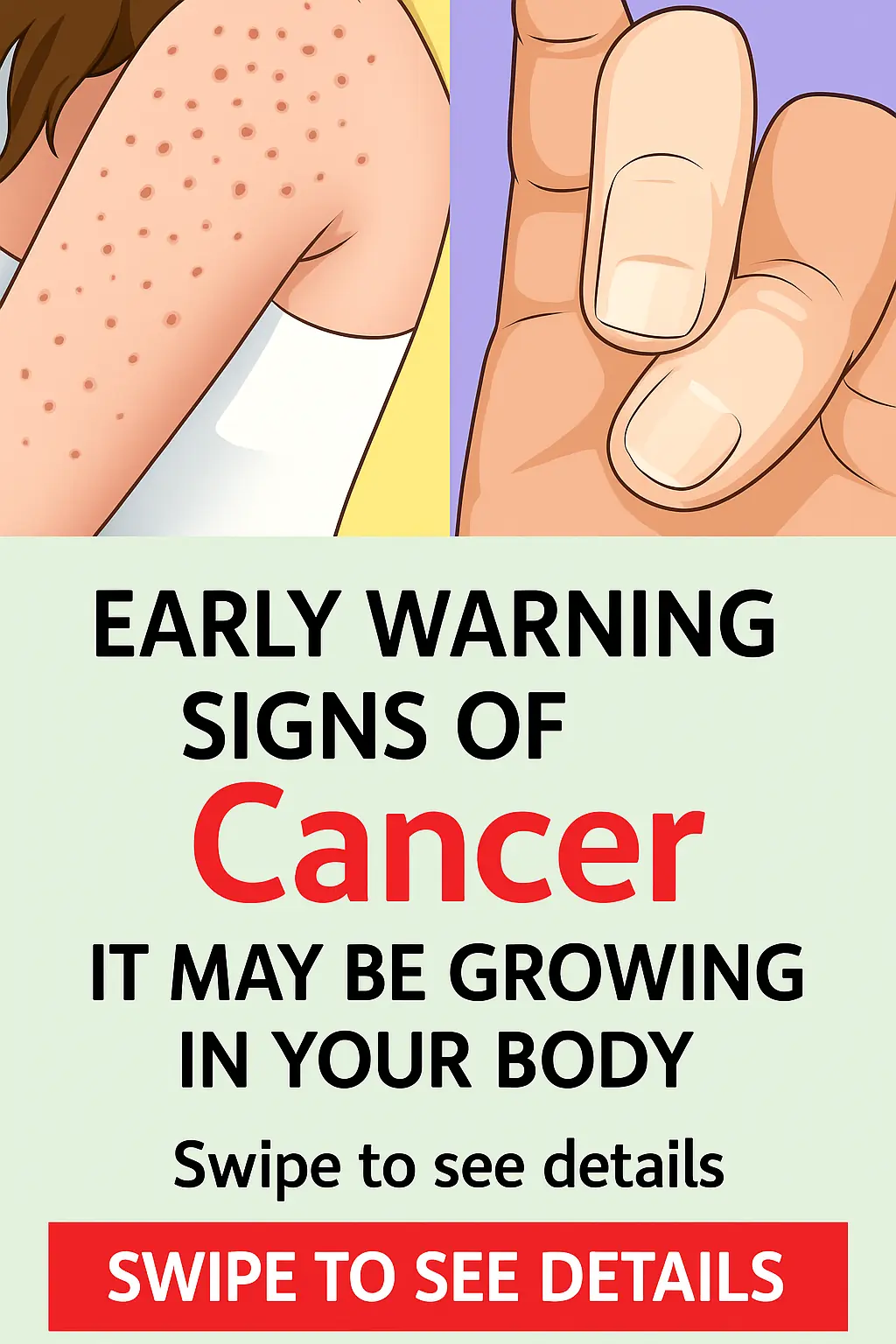
Early Signs of Cancer: What to Look for in Your Body
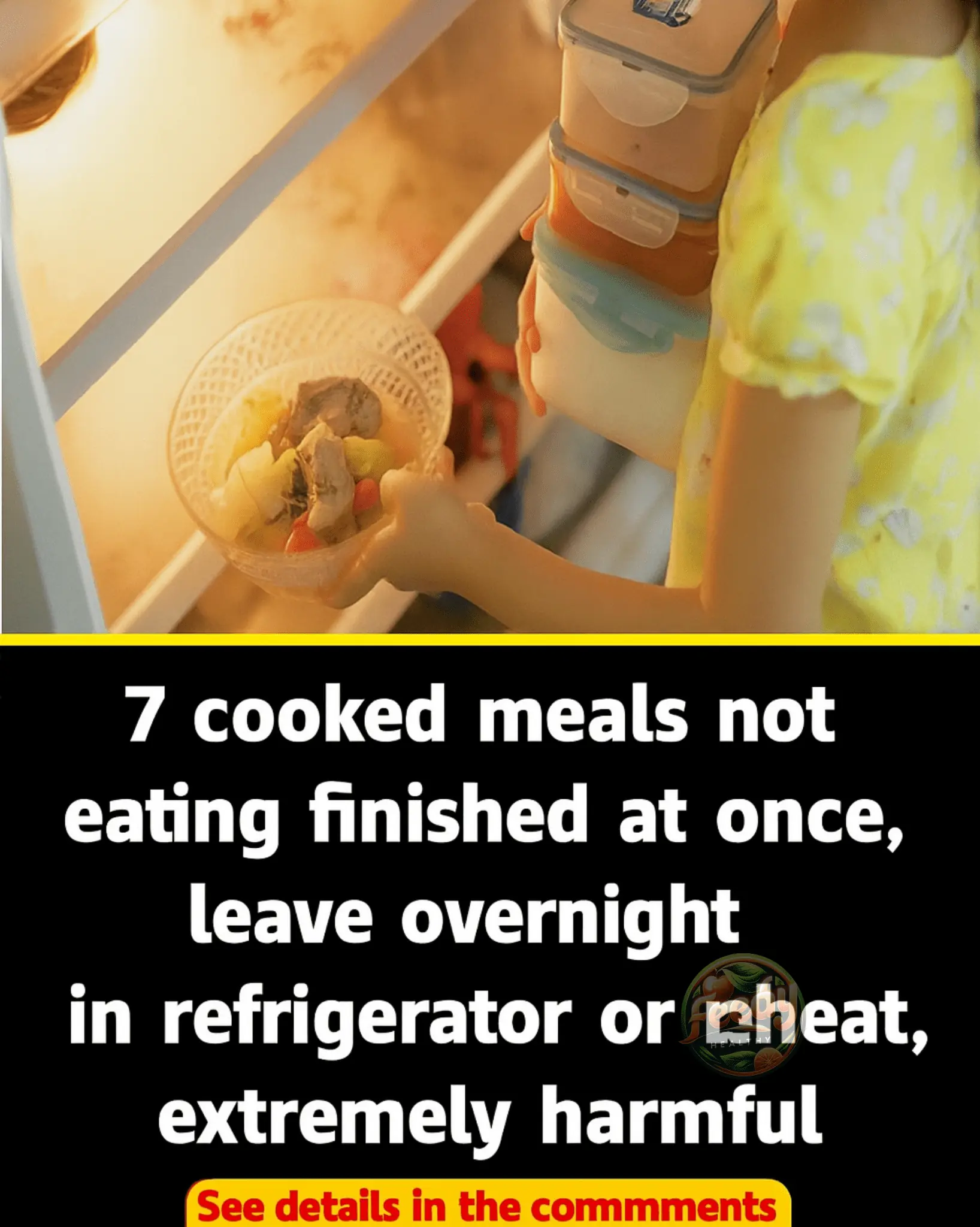
7 Cooked Foods You Must Finish in One Meal – Never Reheat or Leave Overnight
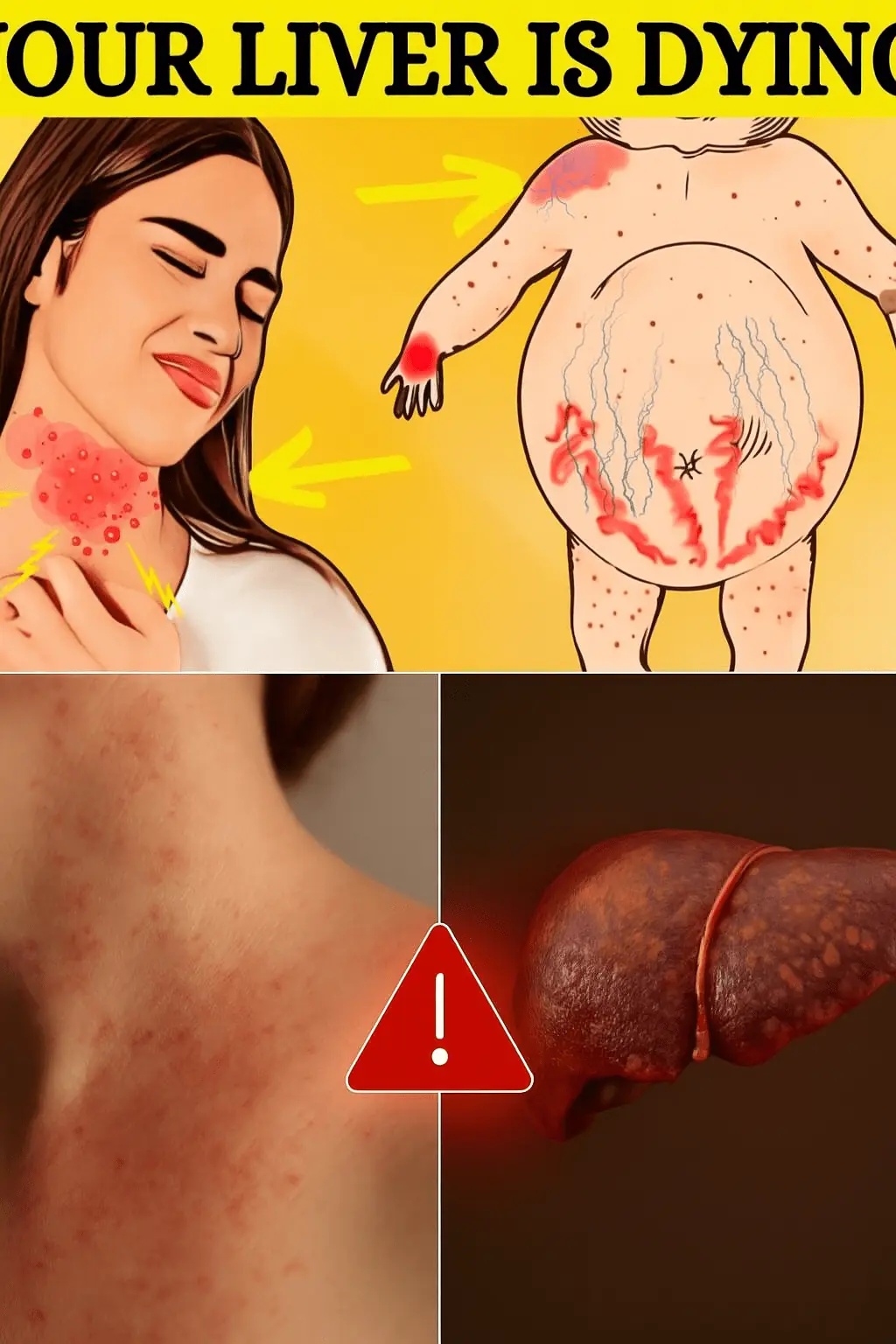
Silent Threat: 8 Subtle Signs That May Point to Fatty Liver Disease

18 Mind-Blowing Vaseline Hacks You’ll Wish You Knew Sooner
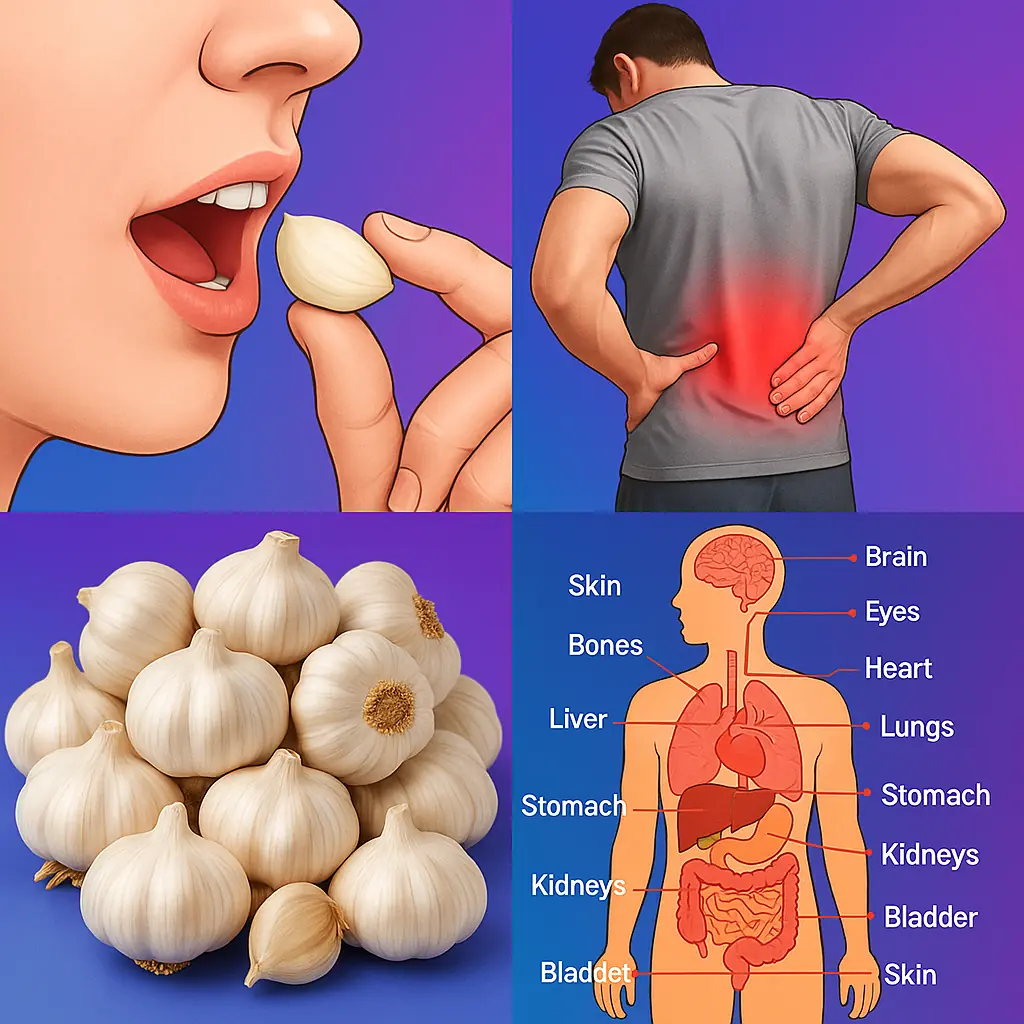
Eat 2 Raw Garlic Cloves Daily: 10 Incredible Benefits You Probably Didn't Know

6 Delicious Foods That Help Eliminate Visceral Fat as Effectively as Exercise

Discover the Ultimate Detox Drink to Flatten Your Belly, Clear Infections, and Rejuvenate Your Liver!

14 Reasons Why You Should Drink Cucumber, Ginger, Mint, Lemon, and Water Every Day
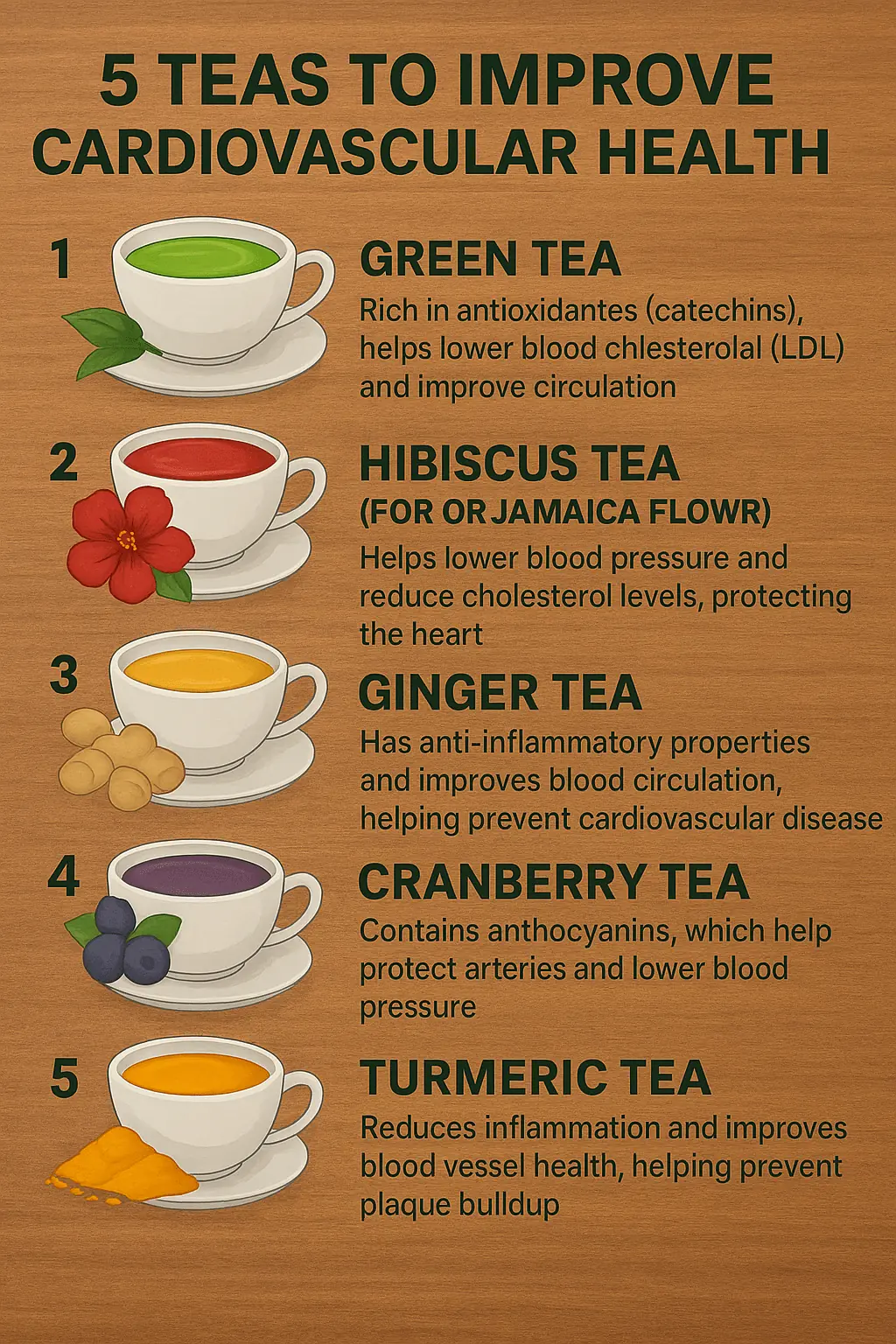
5 Natural Teas That Improve Your Cardiovascular Health
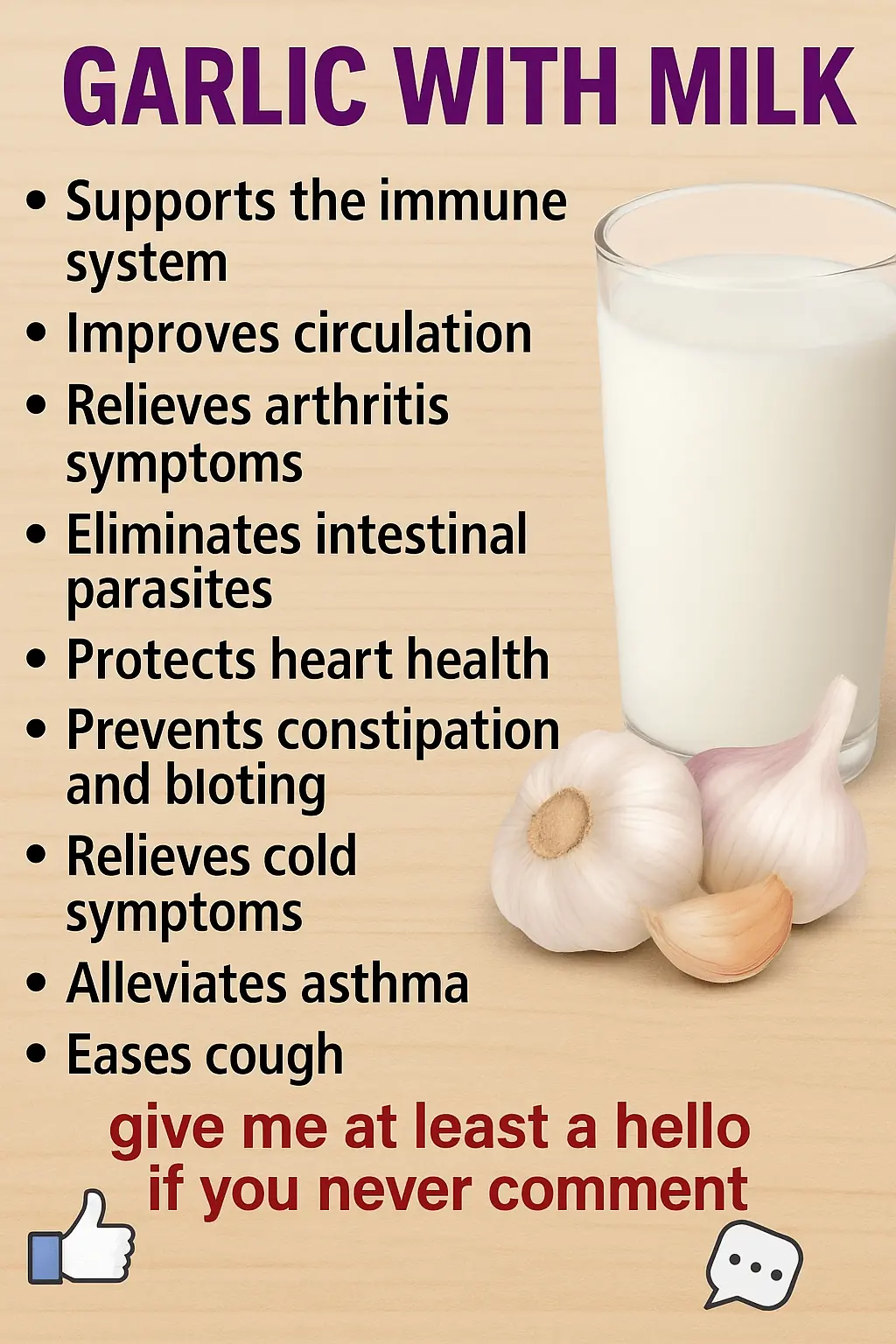
The Healing Power of Garlic with Milk: A Natural Remedy You Should Know About

6 Painful Areas on the Body That Warn of Early-Stage Cancer: Don’t Delay or It May Spread
News Post

4 Types of Cancer with Over 90% Cure Rate: Everyone Should Watch for Early Signs

🍒 Homemade Cherry Almond Cake

🍎 Apple Cider Cupcakes with Brown Sugar Cinnamon Buttercream 🍂

5 Common Mistakes When Drinking Water That Can Affect Your Health

Effective Home Remedies to Eliminate Mucus and Phlegm
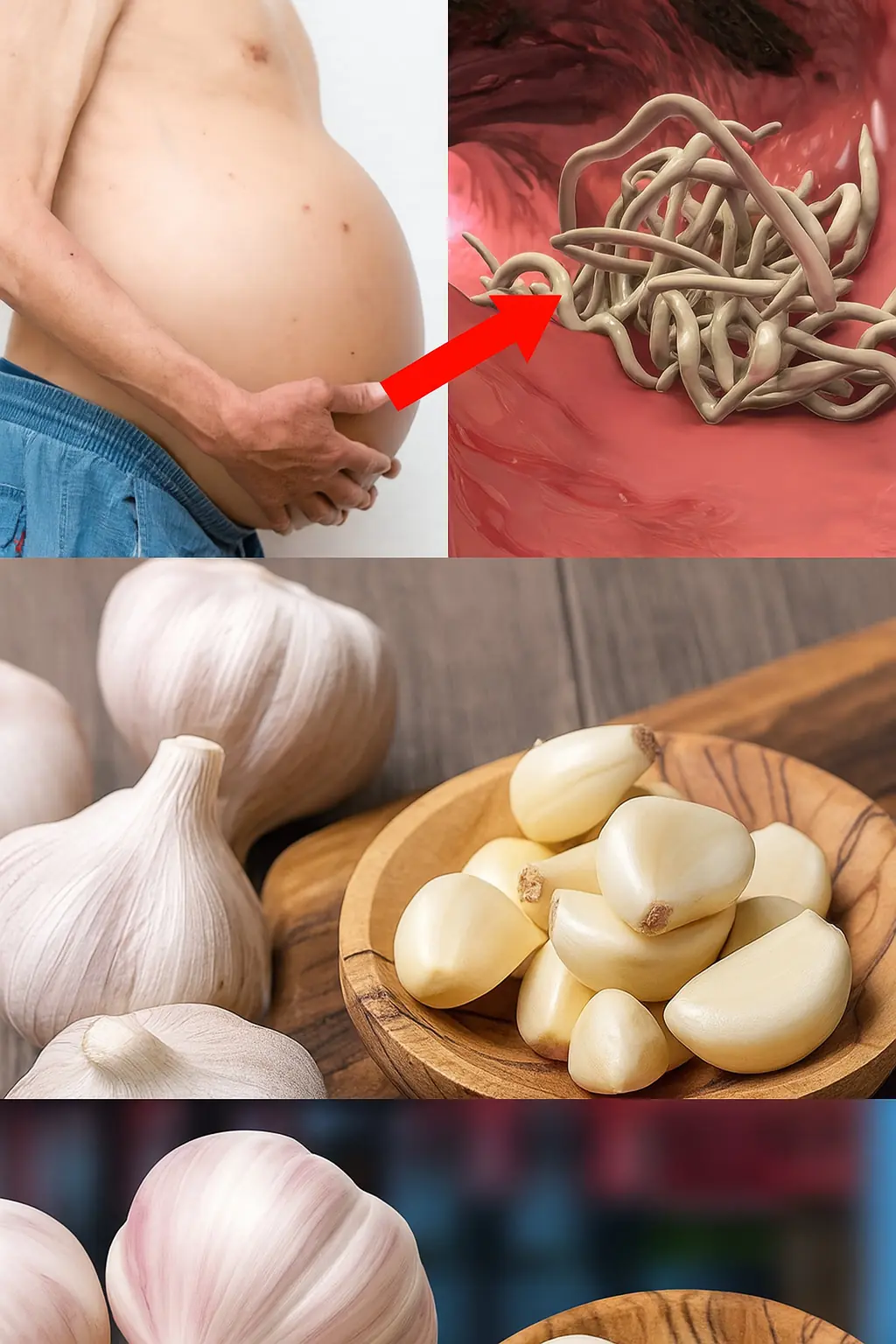
Papaya Seeds: The Secret Superfood You’re Throwing Away

Unlock the Secret to Luscious, Long Hair: The Ultimate Aloe Vera Hair Oil Revolution

Unveiled Secrets of Nature’s Mightiest Healing Leaves: Transform Your Health with Avocado, Mango, Bay, and Guava

Unlock the Secret to Stunning Hair: The Jaw-Dropping Power of Homemade Onion Hair Oil Revealed
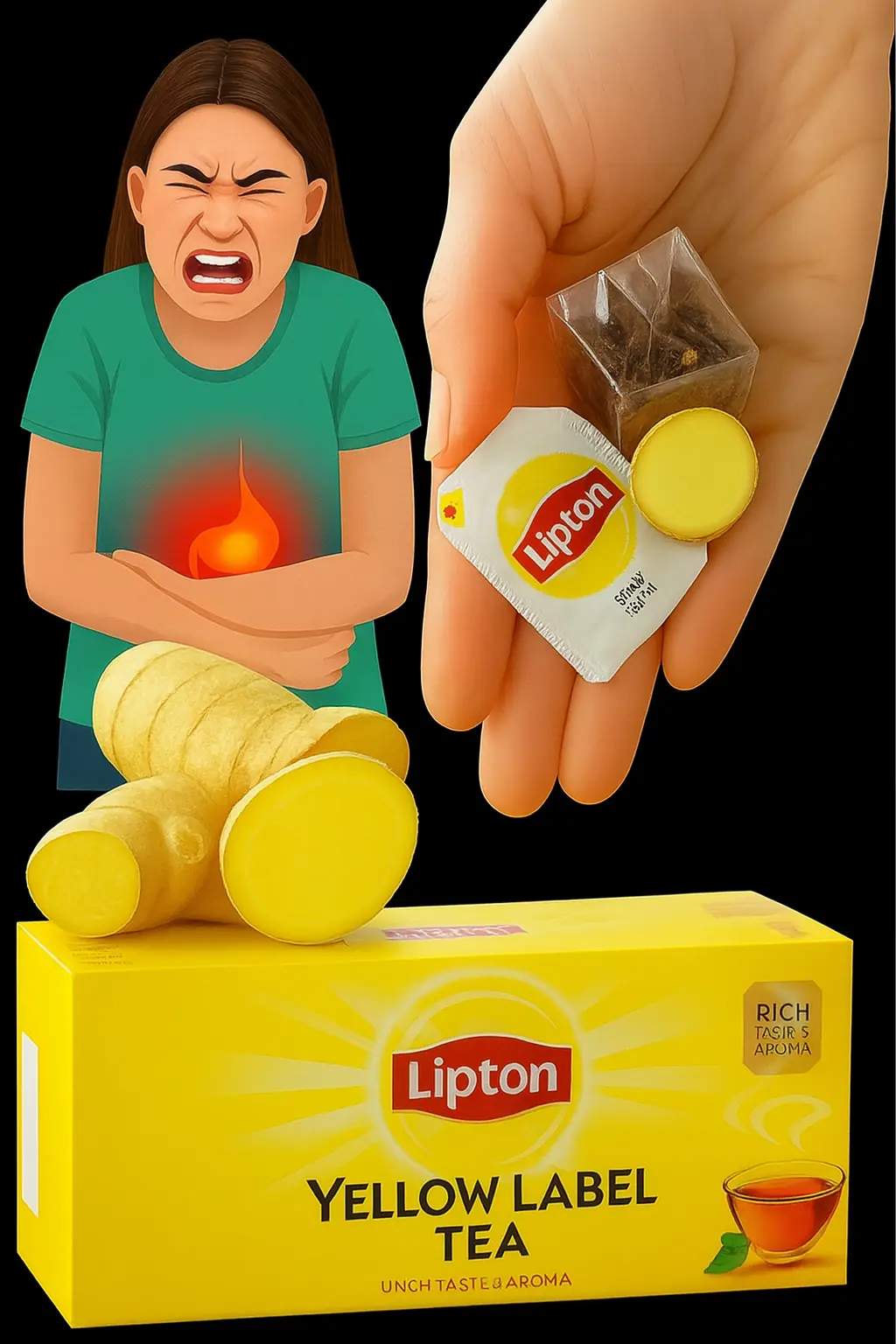
Sip Your Way to Stunning: Why Every Woman Needs the Lipton, Cloves, and Ginger Elixir in Her Life

Unlock the Mystical Power of Lemon and Salt: Transform Your Space with This Ancient Ritual!

Shocking Tomato Hack: Say Goodbye to Unwanted Hair Naturally!

The 4 Essential Vitamins for Older Adults: Energy and Vitality
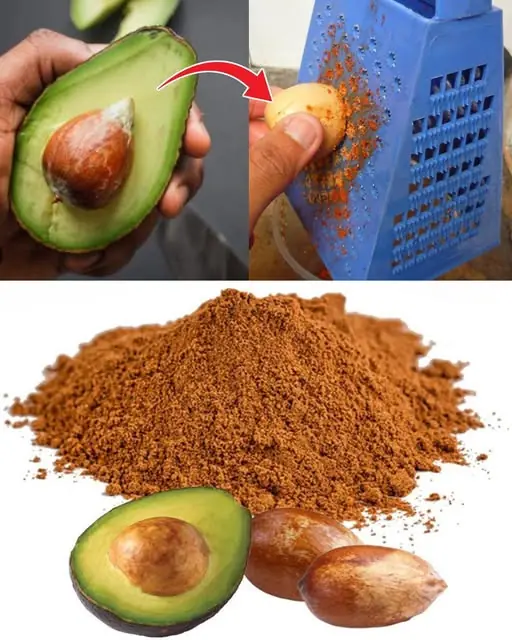
Never Throw Away the Avocado Pit Again! Discover Its Benefits and Uses
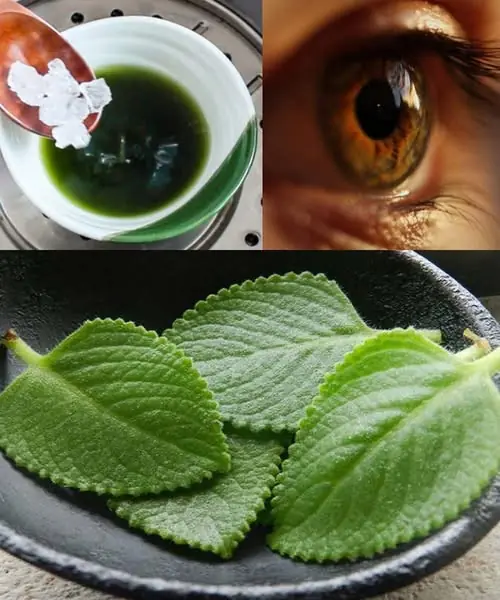
Improve Your Vision with This Natural Remedy: The Powerful Plant Changing Lives

Natural Recipe to Sleep Like a Baby: Improve Your Rest and Wake Up Refreshed

🧁 Gooey Salted Caramel Cream Cheese Cupcakes

❤️ Red Velvet Buttermilk Cake with Cream Cheese Frosting

Discover the Wonders of Kalanchoe: Your Natural Plant for Health and Wellness
